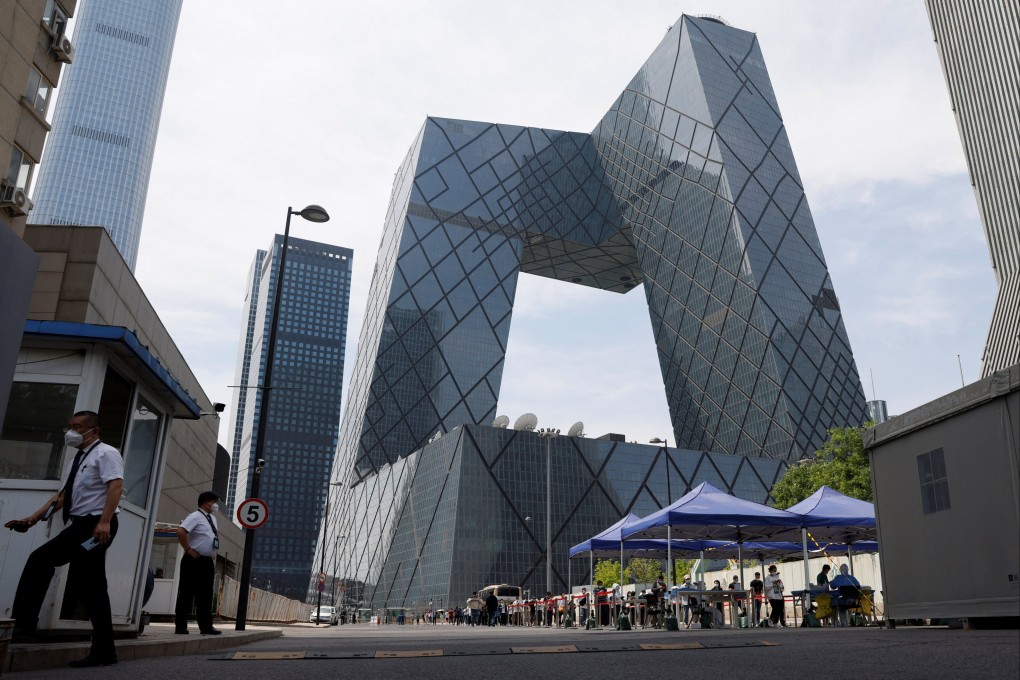China’s zero-Covid policy questioned as expert says ‘stabilising the economy will protect lives’
- By hampering economic activity, China’s coronavirus controls are doing more damage to life expectancy than good, a Chinese professor says
- Another academic says rising unemployment and declining incomes are making it harder for Beijing to back up its talk of putting people first

Beijing should allow more open debate on the consequences of its zero-Covid policy amid fears the country is “losing more than it gains” from harsh lockdowns that are taking an enormous toll on the economy, Chinese experts say.
Though Beijing is rolling out support for the economy, it is refusing to budge from its zero-Covid strategy, saying it is putting people and lives first.
However, comments from a high-profile economics professor at the weekend have called the government’s approach into question – and ignited a firestorm of discussion online.
To stabilise the economy is to protect lives. More effort is needed in this area
China’s containment measures over the past two years have helped extend the average lifespan of citizens for 10 days, or five days per year, according to David Li Daokui, from Tsinghua University in Beijing.